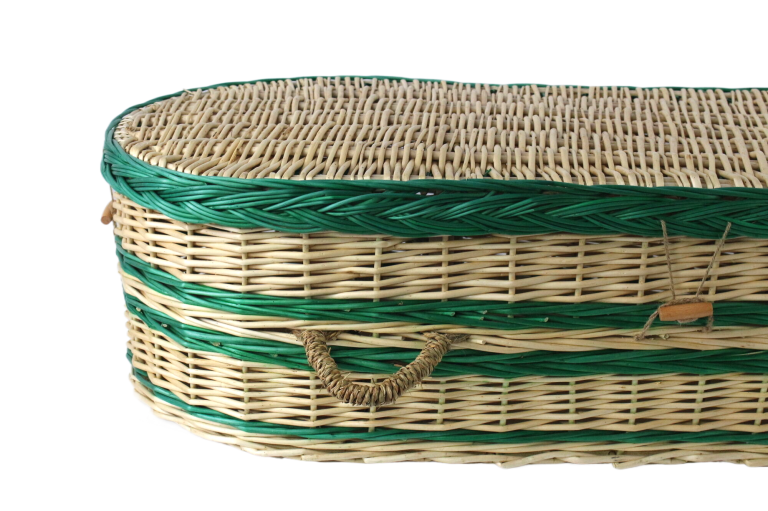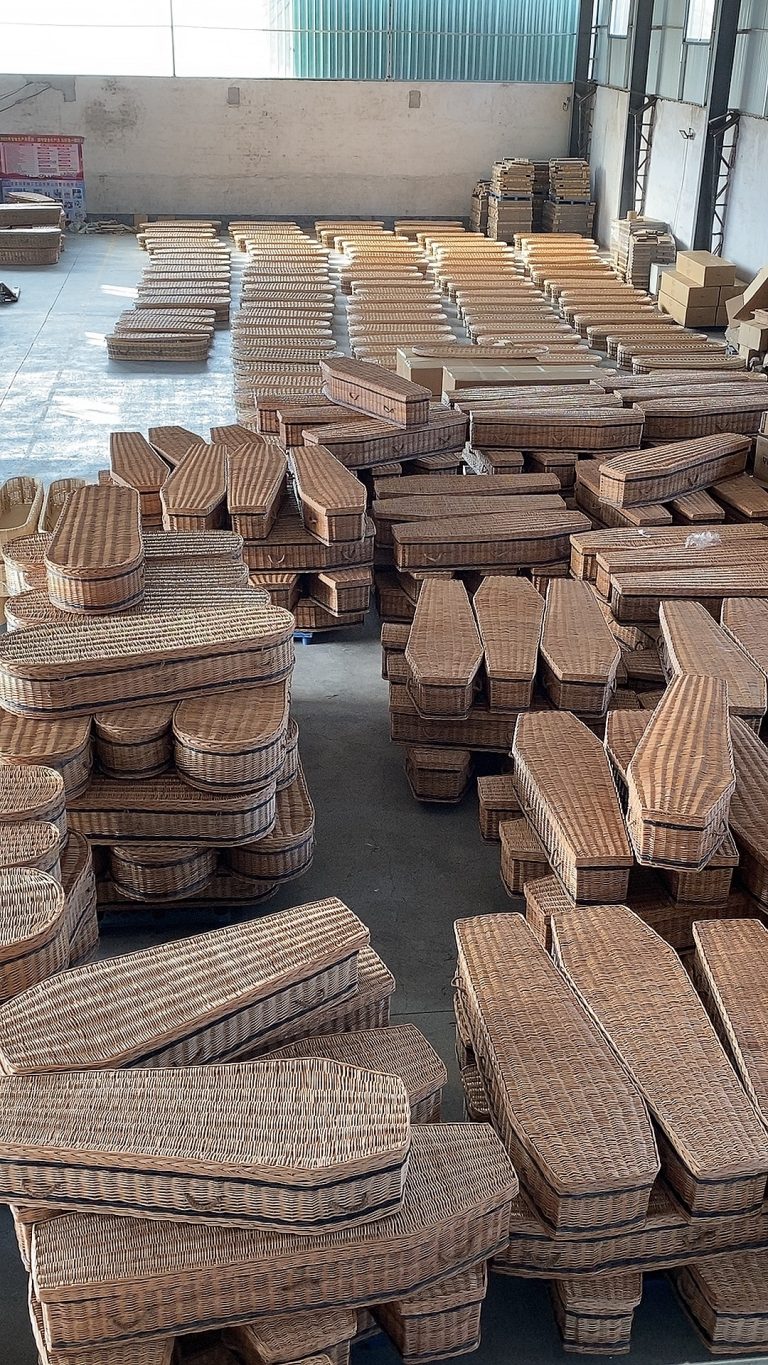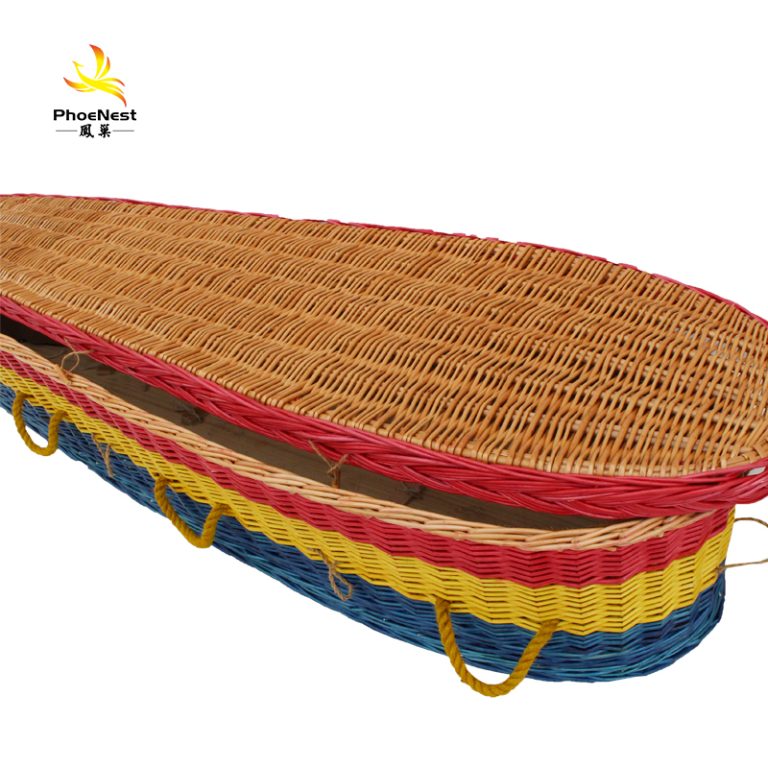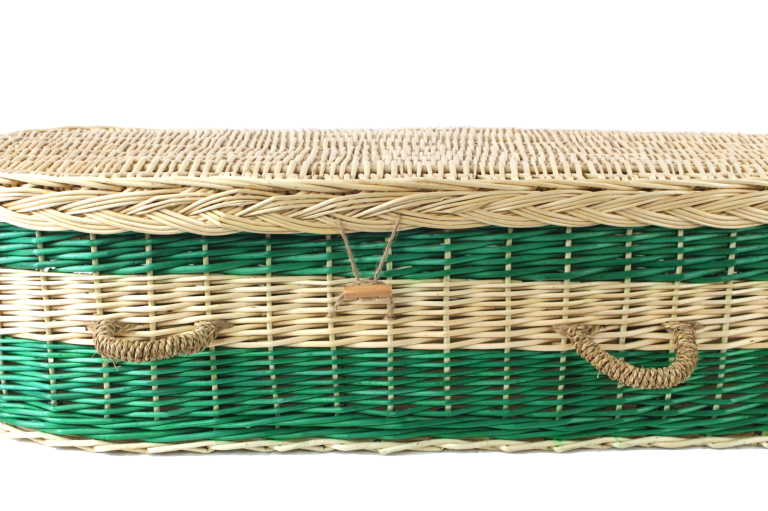In an era where sustainability reshapes every aspect of human life, the choice of burial containers has transcended tradition, evolving into a statement of ecological responsibility and cultural reverence. woven coffins, crafted from natural materials like willow , bamboo, and seagrass, have emerged as a global phenomenon, blending ancient craftsmanship with modern environmental ethos. For those seeking to honor departed loved ones while minimizing ecological footprints, here’s a guide to navigating this transformative choice—inspired by innovations from China’s Shandong Province to Australia’s arid heartlands.
1. Material Matters: Nature’s Blueprint
The foundation of a meaningful woven coffin lies in its materials. Opt for coffins made from drought-resistant willow hybrids or fast-growing bamboo, which thrive with minimal water and decompose rapidly. For instance, Shandong’s Linshu region, famed for its 1,400-year-old willow cultivation, produces coffins that blend local flora with time-honored weaving techniques . These materials not only reduce deforestation but also align with circular economy principles, enriching soil as they biodegrade.
Global Insight: Australia’s Outback willow coffins, shaped by Indigenous wisdom, exemplify resilience. Their geometric patterns mirror Aboriginal dot art, symbolizing harmony with nature . Similarly, Europe’s woodland burial trends favor untreated wood or hemp-willow blends, emphasizing low-impact materiality .
2. Design Philosophy: Where Tradition Meets Modernity
woven coffins are more than functional vessels—they are canvases for cultural expression. Customizable designs allow families to incorporate personalized motifs, such as Celtic knots, floral motifs, or even digital prints of the deceased’s favorite landscapes. Factories in Shandong, China, leverage 3D modeling and online platforms to offer bespoke options, from minimalist rectangular caskets to ornate handwoven masterpieces .
Creative Edge: Imagine a coffin adorned with a map of the deceased’s travels or a mosaic of family heirloom threads. Such innovations redefine memorials as deeply personal tributes.
3. Cultural Significance: Honoring Ancestral Roots
In many cultures, burial practices are inseparable from heritage. For example:
• China: woven coffins in Shandong often feature whitelinen linings, symbolizing luck and vitality, while intricate jute patterns echo folk art traditions .
• Japan: bamboo coffins, lightweight and modular, reflect Zen minimalism and Shinto reverence for nature.
• Africa: Vibrantly dyed seagrass coffins celebrate communal joy, rejecting the somberness of Western caskets .
Choosing a design rooted in cultural symbolism fosters a sense of continuity and respect for ancestral practices.
4. Sustainability in Practice: From Forest to Funeral
The environmental impact of production matters. Prioritize factories that:
• Source ethically: Shandong’s Ecoffin International sources willow from certified plantations, avoiding monoculture farming .
• Minimize waste: bamboo coffins generate 60% less carbon than hardwood caskets, and offcuts are repurposed into urns or shrouds.
• Certify quality: Look for certifications like FSC (Forest Stewardship Council) or GOTS (Global Organic Textile Standard) to ensure responsible practices.
5. The Role of Technology: Bridging Past and Future
Digital innovation is revolutionizing access to woven coffins:
• Virtual showrooms: Families explore designs via 360-degree scans, reducing travel emissions.
• On-demand production: 3D weaving machines in Shandong produce coffins in 10 days, cutting waste and storage needs .
• Blockchain tracing: Consumers track material origins, ensuring transparency from Linshu’s workshops to global destinations.
Conclusion: Crafting Legacy with Purpose
A woven coffin is a testament to humanity’s dual capacity for grief and renewal. By choosing ethically crafted, culturally resonant designs—from Shandong’s artisanal willow creations to Australia’s drought-resistant hybrids—we transform deathcare into a force for ecological and emotional healing. As the global market shifts toward sustainability, these coffins remind us that even in finality, there is beauty to be cultivated.
Final Tip: Consult manufacturers like LinYi Roconly Crafts or Shan Dong Phoenix Nest coffins for bespoke solutions that marry tradition with tomorrow’s vision
Phoenix Nest ( Shandong ) Crafts Co.,Ltd.
Whatsapp: +86-18265103836 (Whatsapp & Wechat & Tel)
Email: jason@phoenxinestcoffin.cn
#willow coffin#greencoffins#bamboocaskets#urns#naturalcoffins#chinafactory#scattertube#naturalburial#FuneralSupplies#cross#flowerbands#shrouds #carrierfuneral
We are a factory supporting eco friendly green funeral(natural willow coffins\bamboo caskets and so on) .. for detail please contact us www.phoenixnestcoffins.com;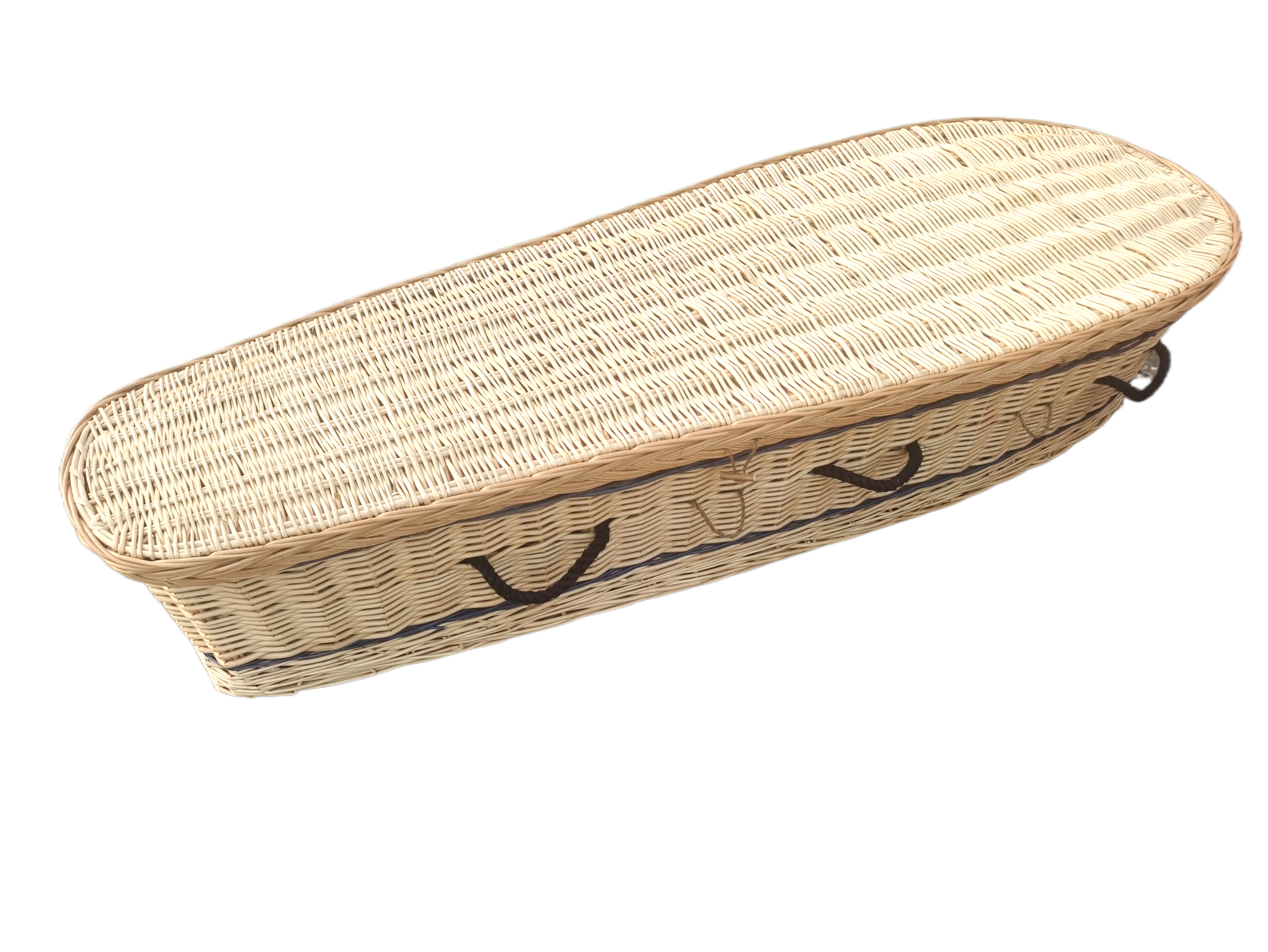 A new kind of woven coffin, one that is a responce to our cost of living crisis and climate crisis#phoenixnestcoffins #willow casket #bamboocoffin #bamboourns #naturalburial@everyone@followers
A new kind of woven coffin, one that is a responce to our cost of living crisis and climate crisis#phoenixnestcoffins #willow casket #bamboocoffin #bamboourns #naturalburial@everyone@followers

